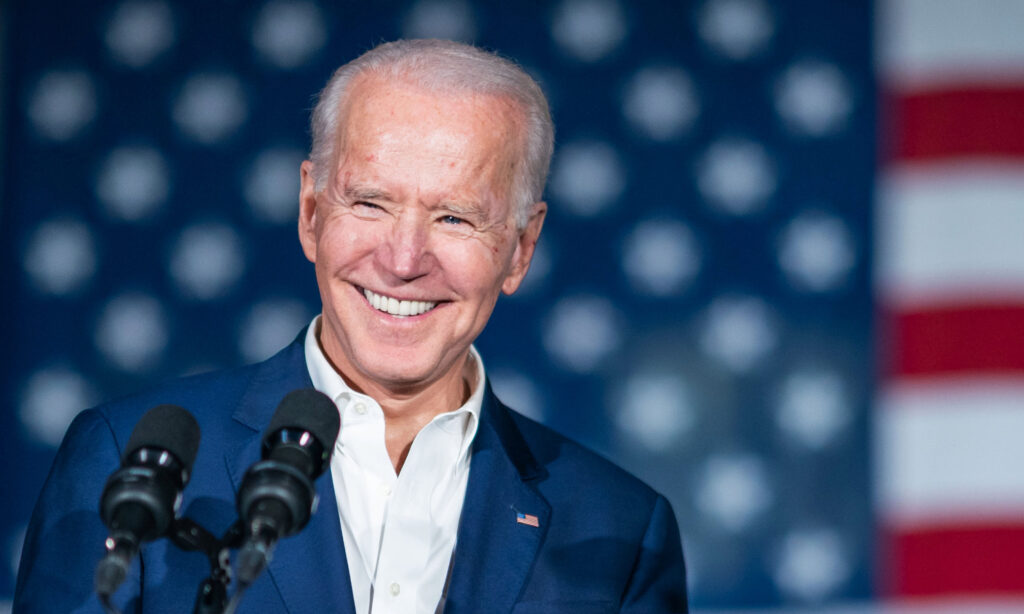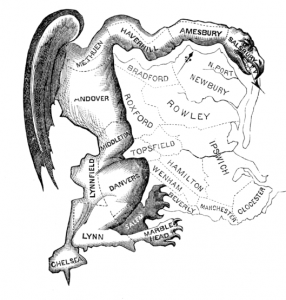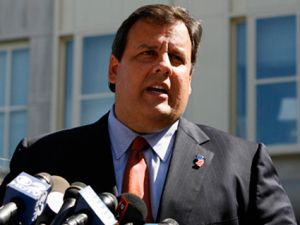The Second Amendment to the Constitution, as ratified:
A well regulated militia, being necessary to the security of a free state, the right of the people to keep and bear arms, shall not be infringed.
The Constitution. Wikipedia.
The Bill of Rights.
Wikipedia.
If 10 or 20 other students or their professors at Virginia Tech were “packing heat” then they would have opened fire on Cho after he shot his first few victims. But the problems with that idea are obvious. Some innocent people, perhaps only 2 or 3, would still have been killed Monday, April 16. And I don’t know if I’d feel comfortable seeing guns become as prevalent as cars.
Speaking of cars, I have a right to drive, however, in order to exercise that right in New Jersey I must meet certain prerequsites – pass a road test which proves that I am capable of operating a motor vehicle, pass a written test which proves that I know the rules, maintain my car such that it is “road safe,” and carry liability insurance at or above certain minimums.
We take away driver’s licenses from drunk drivers and people who drive without insurance. We put repeat offenders in jail. You can buy a car without a license and without insurance, but you can’t drive it off the lot. And people buy cars every day.
Shouldn’t we do the same for gun ownership? Shouldn’t we ask gun owners to maintain their guns in a safe and secure manner? And carry insurance in case the guns are used irresponsibily? And disallow certain individuals from obtaining or carrying guns?
And finally, given the right to keep and bear arms because a well armed militia is necessary to the security of a free state, do I have the right to own an F 15 fighter or my own personal nuclear bomb? If not, what arms can I keep and bear? Muskets of the type that were in use during the American Revolution? The rifles of the Civil War era? Or the M16’s of today?




